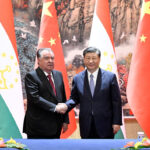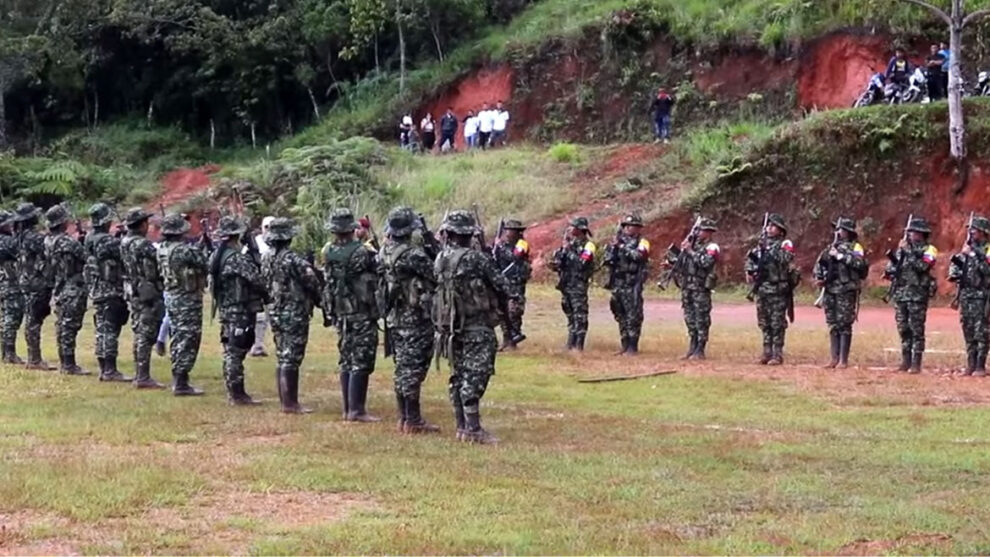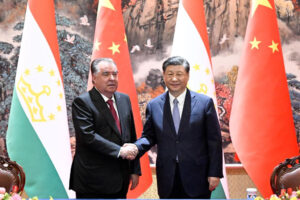Guerrilla group EMC, which controls significant parts of southern Colombia, said on Tuesday that it has banned kidnapping as a means to finance the organization.
The EMC’s peace negotiators made the announcement on social media.
The group of “Ivan Mordisco,” a former commander of the now-defunct guerrilla group FARC, has been negotiating peace with the government of President Gustavo Petro since October 16.
The ban on kidnapping would be one of the first concessions made by the guerrillas as part of the talks that ultimately seek their participation in an ongoing peace process with the FARC.
In return, the government negotiators vowed to improve the living conditions of imprisoned members of the EMC.
Both negotiation teams agreed to organize meetings with communities in regions where the EMC is active.
These meetings would allow locals to give input on a peace process between the government and the EMC.
The negotiators additionally agreed to “construct routes of solution” for the humanitarian situation of indigenous people, particularly in the southwestern Cauca province.
The talks with the EMC are one of multiple processes involving illegal armed groups that are part of Petro’s “Total Peace” policy.
This initiative, which counts on the support of Congress, seeks to amplify the peace process that was agreed between the FARC and former President Juan Manuel Santos in 2016.
So far, Petro aides have begun formal peace talks with the EMC and ELN, Colombia’s longest-living insurgency.
Urban gangs from Medellin and Buenaventura are also involved in processes that seek to improve security and the situation of young people in their cities.
The government has also expressed its interest to engage in formal talks with paramilitary groups, but this has yet to result in formal processes.
The illegal armed groups are responsible for much of the violence registered by authorities throughout Colombia.
Source : Colombia Reports
















